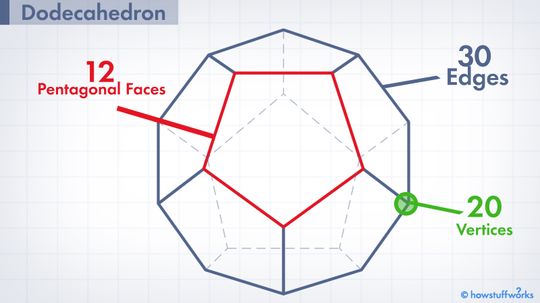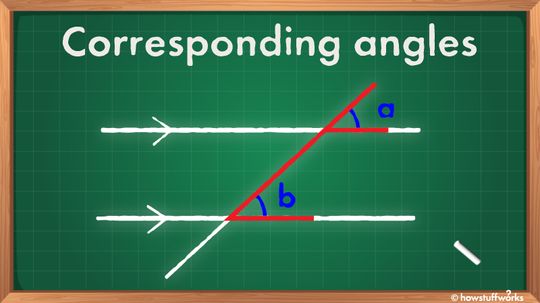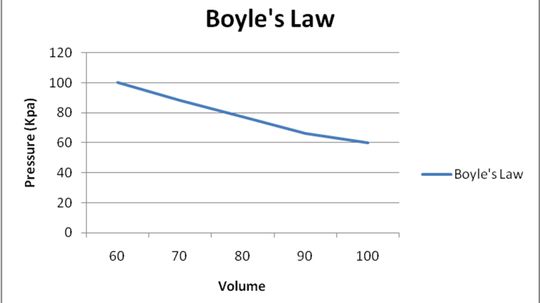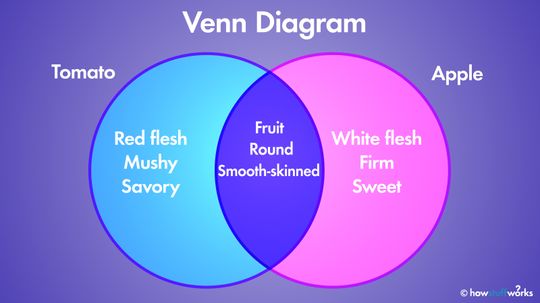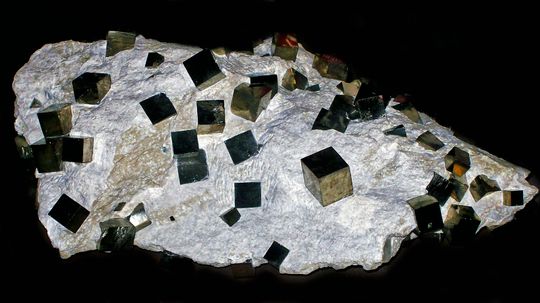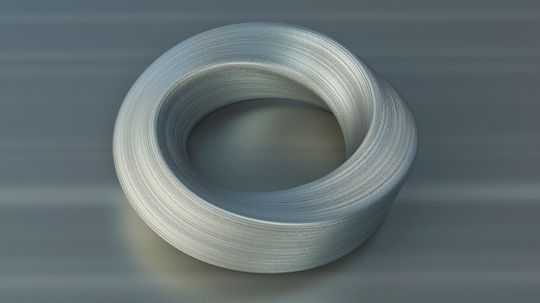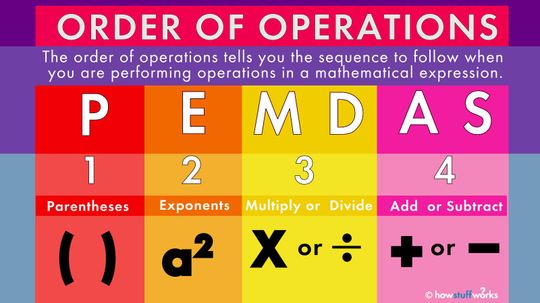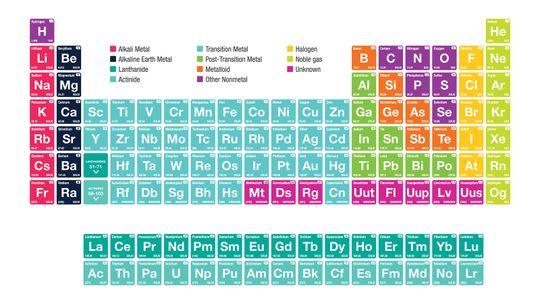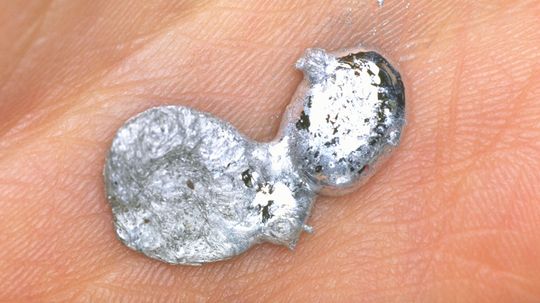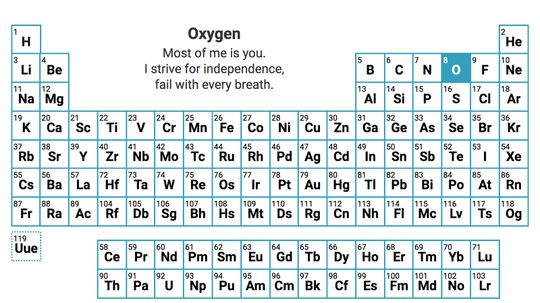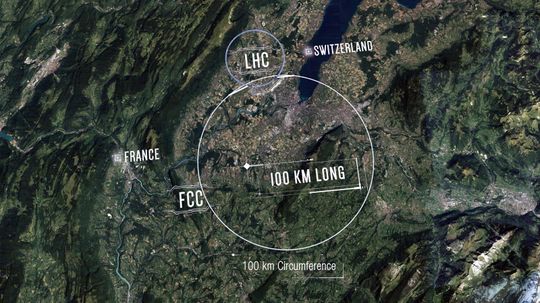Physical Science
Physical science is the study of the physical world around you. Learn about everything from electricity to magnetism in this section.

Brown Noise vs. White Noise: Which Is Best for Quality Sleep?

Can a sound wave kill you?

Can two cans and a string really be used to talk over a distance?

7 Types of Alcohol for Drinking, Cleaning and More

Understanding the Empirical Formula in Chemistry
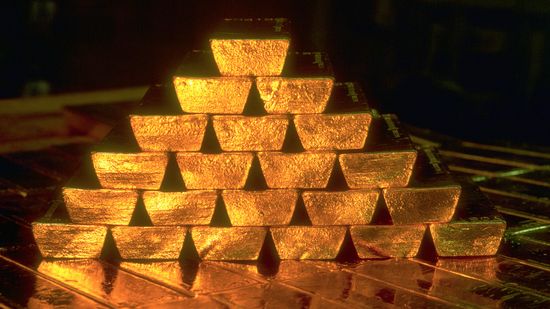
The Most Expensive Metal in the World Isn't Gold or Platinum

How Electricity Works

How Faraday Cages Work

How Gasoline Works

What Does Mummification Have to Do With Gene Hackman?

What do bugs have to do with forensic science?

5 Things You Didn't Know About Autopsies

How Alchemy Paved the Way for Chemistry

How did Nikola Tesla change the way we use energy?

Time May Not Exist, Say Some Physicists and Philosophers

Why Does Ice Stick to Your Fingers?
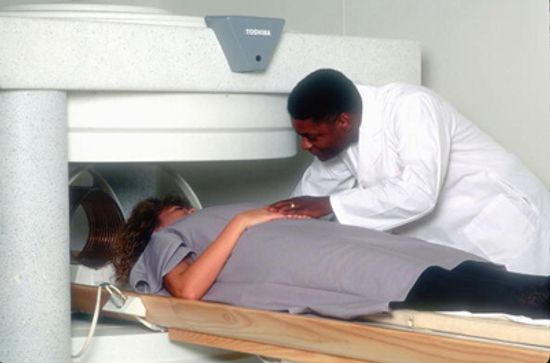
What if I forgot to remove a piercing before an MRI?
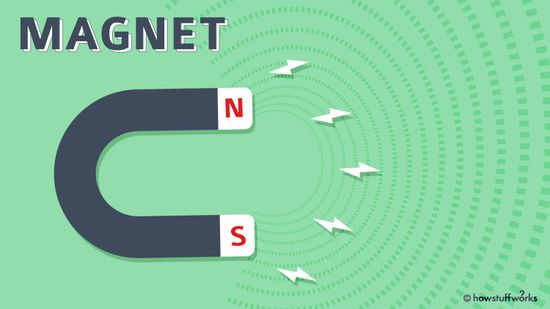
A Kid-friendly Introduction to Magnets and Magnetism

What's the Hardest Math Problem in the World? Try These 9

8 Types of Data That Inform Insights and Relationships
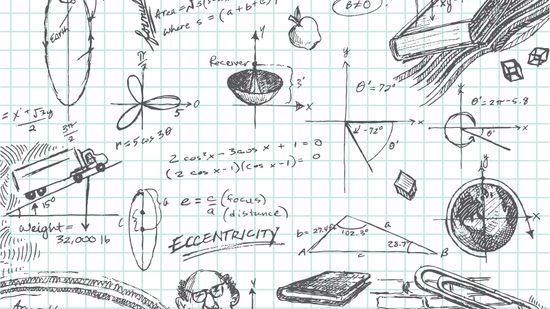
Congruent Angles: Definition, Symbol and Key Theorems

Tonnes vs. Tons: Metric vs. Imperial Measurements Strike Again

The Most Expensive Liquid Is 26,000x the Price of Human Blood

5 Hugely Fun Facts About Mass (Not Weight)

The Demon Core: A Tale of Atomic Ambition and Tragic Fate

Half-Life Formula: Components and Applications
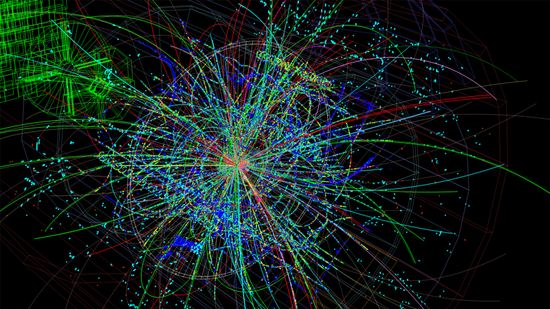
Could an 'X17 Particle' Hint at a Fifth Force in the Universe?

Why Are School Buses Yellow?

HowStuffWorks: How To Draw An Impossible Shape
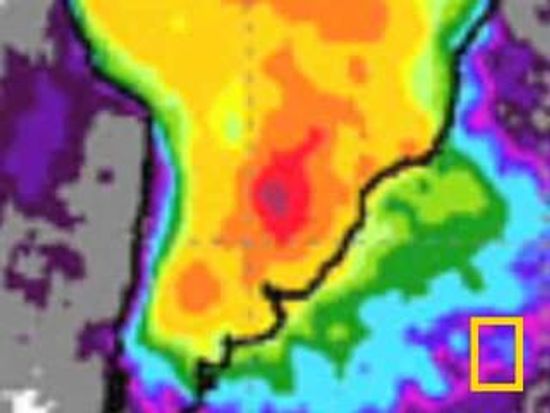
What Are the Colors in the Visible Spectrum?
Learn More / Page 10
The two different types of alcohol are commonly used in hand sanitizer today. But does one work better than the other?
A dodecahedron has 12 flat faces, all shaped like pentagons. Here are 12 cool things you just may not know about them.
By Mark Mancini
Corresponding angles are what you get when two parallel lines are crossed by a third line, creating angles that have the same relative position at each intersection. They're easy to find once you know what to look for.
Advertisement
Boyle's Law describes the relationship between pressure and the volume of a container with gas in it. As the volume of the container decreases, the pressure inside the container increases.
We may think the butterfly effect means that a small change (like the flap of a butterfly's wings) can have huge consequences (a tornado in China). But what if it means the opposite?
It isn't magic but instead science that causes the bottled water to completely freeze - and some pretty simple science at that. So, how long does it take water to freeze?
Venn diagrams are an easy way to simplify information and visualize relationships between concepts or sets of data.
Advertisement
Don't know your fool's gold from the real deal? We'll tell you how to tell what's pyrite (aka fool's gold) and the good ol' 24 karat stuff you want.
By Mark Mancini
Tungsten's hardness and heat resistance make it a must for products like rocket engine nozzles, armor-piercing bullets and even the humble light bulb filament. In fact, pure tungsten boils at 10,030 F, the same as the photosphere of the sun.
By Dave Roos
It's easy to make a Mobius strip with some paper and tape, but your mind will be blown by the mathematical concepts it unlocks.
Two lines that are perpendicular to the same line are parallel to each other and will never intersect.
By Mark Mancini
Advertisement
It's an important question, so come with us and we'll show you how to figure it out.
A simple math problem may seem to some of us like an inscrutable pile of numbers and symbols, just waiting to trip us up. PEMDAS to the rescue!
Although the term might be unfamiliar, you know all about alkali metals. Ever used salt or eaten a banana? So, what special properties do these elements have?
Vantablack is one of the darkest substances known, able to absorb up to 99.965 percent of visible light. But is it the blackest of blacks on the planet?
Advertisement
Static electricity happens when there's an imbalance between negative and positive charges in an object. It's when those charges get released that we feel that infamous spark.
More than fodder for melt-in-your-hand YouTube videos, gallium is a key component in LED lights and the powerful microchips in your smartphone.
By Dave Roos
Why do most of us start relaxing as soon as we smell lavender or vanilla? Is it the memories they conjure up or is there a chemical reason?
By Dave Roos
You know that sound synonymous with a certain laser blaster from a galaxy far, far away? Yeah. It sounds like that.
By Mark Mancini
Advertisement
Modern color theory got its start with, believe it or not, Sir Isaac Newton, who also discovered a little thing called gravity and invented calculus.
Award-winning poet and fiction writer Mary Soon Lee has found a charming way to combine science and poetry in a refreshing new take on the periodic table of elements.
By Carrie Tatro
Autopsies have been around since ancient times, but they seem so shrouded in secrecy. What goes on when a corpse goes under the knife?
By Mark Mancini
Advertisement
The proposed collider would dwarf the existing Large Hadron Collider. But is the $22 billion price tag worth it?
What is white noise? There's a little more to it than the ambient noise you associate with a humming air conditioner or whirring fan.

